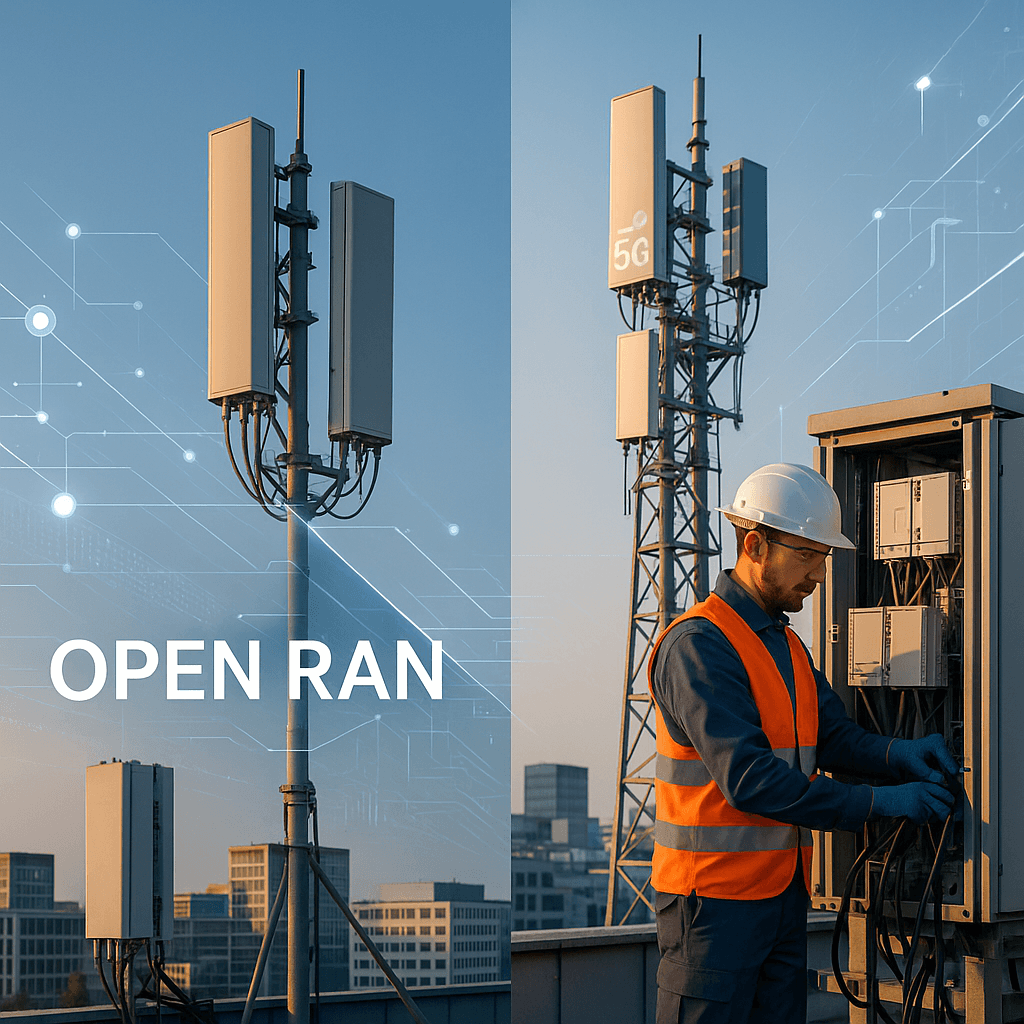Samsung just secured one of Europe's biggest Open RAN contracts, with Vodafone selecting the tech giant as its primary partner for a massive network transformation across Germany and other European markets. The five-year deal will see Samsung deploy thousands of AI-powered Open RAN sites, starting with Germany as the testing ground for what could become Europe's largest Open RAN deployment.
Samsung just dealt a major blow to traditional telecom equipment makers, landing Vodafone as a flagship customer for one of Europe's most ambitious Open RAN deployments. The partnership, announced today, positions Samsung as the primary technology partner for Vodafone's network transformation across Germany and other European markets over the next five years.
The deal's immediate impact is already visible - the first Samsung-powered Open RAN site went live in Hannover, with the German city of Wismar set to become Vodafone's first fully Open RAN-equipped market by early 2026. For Samsung, this represents a significant validation of its Open RAN strategy against entrenched rivals like Ericsson and Nokia, who've dominated European telecom infrastructure for decades.
"Open RAN is a key pillar of our mission to build best-in-class networks and Vodafone has already proven the power of this innovative technology through our work with Samsung," Vodafone Chief Network Officer Alberto Ripepi told Samsung's newsroom. The admission reveals how Samsung's gradual relationship-building with Vodafone has now paid off in a continent-wide expansion.
Germany serves as the crucial proving ground for this partnership. As Vodafone's largest operation, success there could trigger similar deployments across the carrier's European footprint, potentially giving Samsung a significant edge in a region traditionally dominated by European equipment vendors. The timing couldn't be better for Samsung, as European regulators increasingly push for Open RAN adoption to reduce dependence on single vendors.
Samsung's winning formula combines its virtualized RAN (vRAN) solution with comprehensive AI automation through its CognitiV Network Operations Suite. The technology stack supports everything from legacy 2G networks to cutting-edge 5G, while the AI-powered Energy Saving Manager automatically switches cell sites on and off based on traffic patterns - a critical capability as energy costs soar across Europe.
"In the midst of a transformational shift in the telco industry, Samsung has been spearheading software-based and autonomous networks," Samsung Networks Business President Woojune Kim said in the . The executive's emphasis on "software-based" networks highlights Samsung's strategy of differentiating through AI and automation rather than just hardware.

